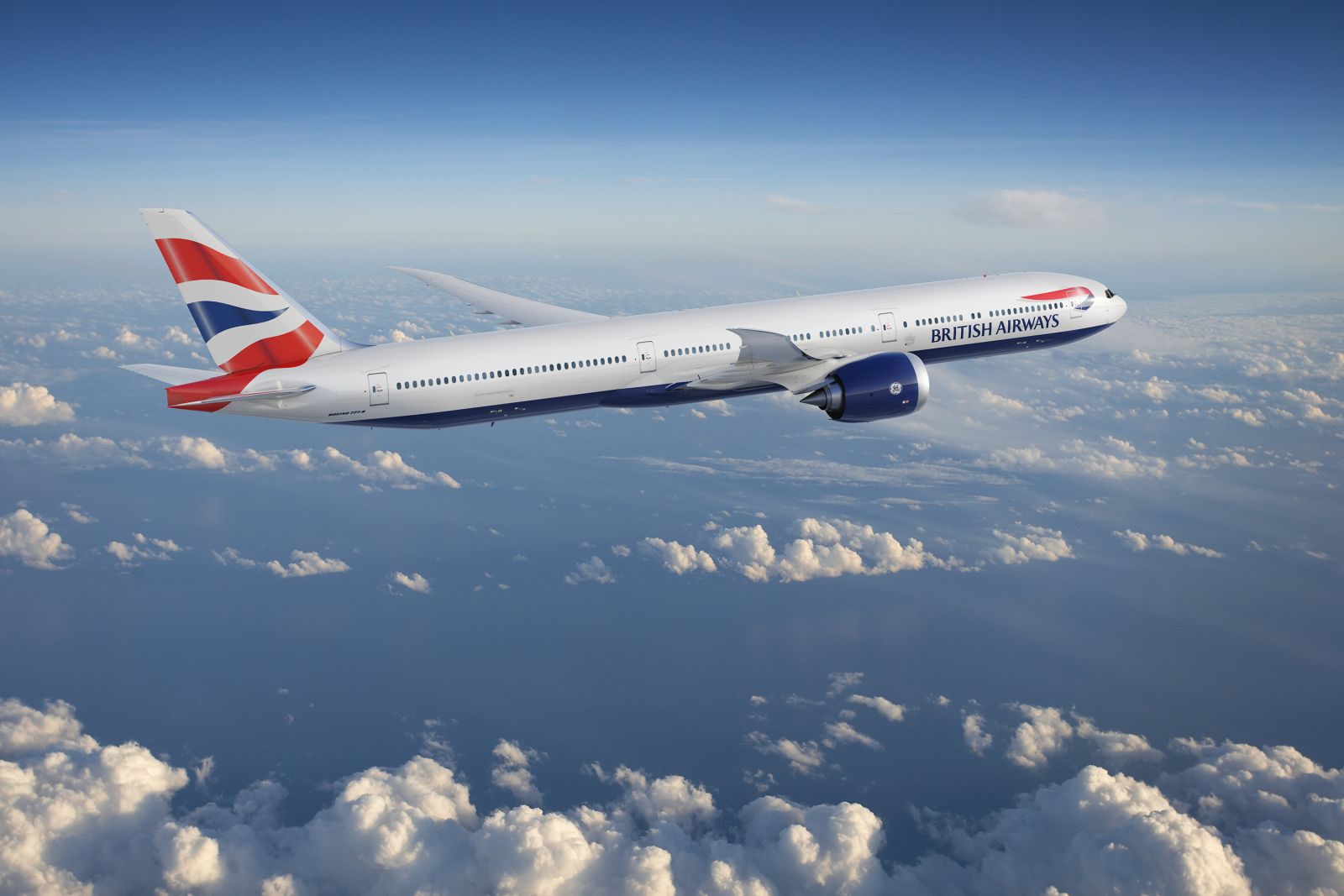11 Dec 2024

Tired Earth
By The Editorial Board

Private jet flights to and from UK airports contribute as much to the climate crisis as 450,000 cars per year and should be banned as soon as 2025 to encourage development of electric planes, according to a thinktank with close ties to the Labour leader, Jeremy Corbyn.
In a report exposing the scale of fossil fuel private jet emissions, the Common Wealth thinktank found there were 128,000 flights between UK and EU airports in 2018 using private jets, representing 6% of total UK air traffic. A further 14,000 trips were also made to destinations outside Europe.
The thinktank said the global heating impact of private flights to and from UK airports is roughly 1m tonnes of CO2 equivalent each year – the same as the annual emissions of around 450,000 typical cars on Britain’s roads.
It said that one private flight from London to New York was equivalent to driving a typical UK car non-stop for four and a half years. It added that a ban in five years’ time would help spur the development of electric alternatives.
Shadow transport secretary, Andy McDonald, said the party would examine the report and “consult with industry on the introduction of a phase-out date for the use of fossil fuel private jets”.
He added:
Climate targets cannot be met without curbing pollution from air travel, and a passenger on a private jet produces 10 times the emissions of someone on a regular flight. This simply cannot be ignored.”
According to the Common Wealth assessment, a typical private jet passenger journey within Europe emits seven times as much greenhouse gas as a flight in business class on a typical airliner – 10 times as much as flying economy class and around 150 times as much as an equivalent journey using high-speed rail.
Industry estimates also suggest that about 40% of private jet movements are empty leg journeys, in which aircraft are repositioned for the convenience of the super-rich and corporate customers who use them. Even when full, private jets on average will carry as few as five passengers.
Almost half of all private jet traffic in Britain passes through five airports around London, given its status as the home to the most billionaires in Europe and as one of the world’s biggest financial centres. Luton airport, roughly an hour north of the capital is the busiest, with almost 15,000 private aircraft departures in 2017, followed by Farnborough, Biggin Hill, Stansted and Northolt.
Some of Britain’s richest people use private jets. Prince Harry has faced criticism for taking private jets for short-hop breaks while campaigning against global heating. Sir Jim Ratcliffe, the chief executive of petrochemicals company Ineos, who is Britain’s third richest man with an £18bn fortune, has four private jets and a helicopter, while Sir James Dyson, the electrical products entrepreneur and fifth richest man in Britain, owns a £55m private jet.
The new analysis of private jets in the Common Wealth report, compiled by Leo Murray of Free Ride, a campaign group calling for a frequent flyer levy, and Jamie Beevor of Green Gumption, an environmental consultancy, suggested most carbon-emitting private flights to and from UK airports could be handled by new electric aircraft in future.
Growing numbers of aircraft manufacturers are investing in the development of new electrical alternatives to fossil-fuel jets. However, progress has been slow, with the report suggesting just 15% of total UK aviation emissions are set to be replaced by 2050 on the current trajectory.
The study found that as many as four out of five private jet journeys within Europe today cover distances that could be completed by small electric aircraft currently in commercial development that would enter the market in the mid 2020s.
The report said: “We believe that an imminent ban on landing at UK airports in a fossil-powered private jet would help to focus the minds of some of the wealthiest people on Earth on the urgent need to develop fully electric planes.”
Source : theguardian.com
Comment